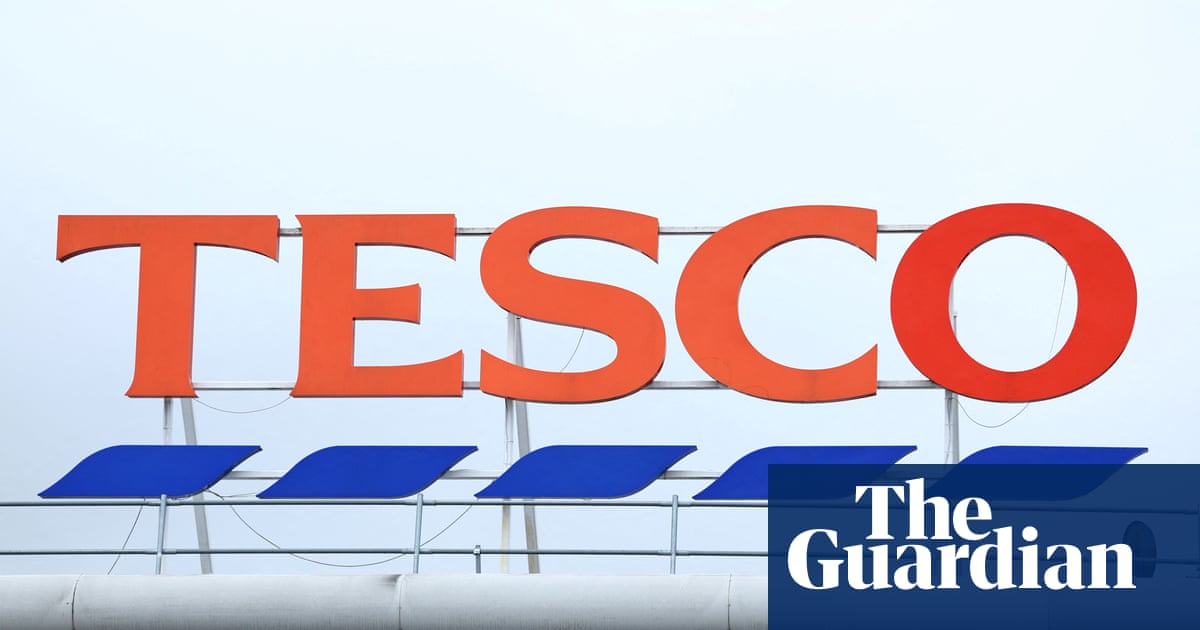The UK’s biggest supermarket chain, Tesco, will face criticism over its chief executive’s near-£10m pay deal at its annual shareholder meeting on Friday.
The campaign group ShareAction is planning to question why Murphy’s pay has more than doubled to £9.9m including bonuses, when some of those working in its supermarkets do not receive the real living wage.
Although the majority of store workers get the independently verified living wage – which is higher than the legal minimum – ShareAction claim contracted staff, such as cleaners and security, do not.
Murphy said on Friday: “I accept I am well paid. My remuneration is set by the board as delegated by shareholders. Over two-thirds of it is variable and dependent on reaching long-term financial goals.”
He added that Tesco was “really proud of fact we are a leading employer in terms of our total package for colleagues” and that Tesco was “not unduly worried” by Labour’s plans for improved workers’ rights as it already had in place many of the measures expected to be implemented if the party wins power.
However, Dan Howard, the head of good work at ShareAction, said: “In a world where Tesco are making a £2.3bn profit a year, paying those who keep the stores safe and clean the real living wage shouldn’t have to be asked for – it should be automatic.
“Unfortunately, Tesco are dragging their feet on taking the right steps to pay its third-party contracted staff the living wage.
“Failing to recognise the financial hardship many of those who work for Tesco have faced during the cost of living crisis will damage Tesco’s reputation with both shareholders and customers.”
On Friday, Tesco, which owns the Booker wholesaler and supermarkets in Ireland and mainland Europe as well as UK supermarkets and convenience stores, said it continued to win over shoppers from its rivals with sales up 5.3% at its UK chain and 4.5% overall.
Murphy said inflation was continuing to ease and was now less than 3%. He added that he expected it to remain at that level for the remainder of the year despite a rise in shipping costs, linked to problems in the Red Sea, and poor weather in the UK and Europe, which is affecting crops.
after newsletter promotion
He said the British strawberry season had been delayed and the asparagus season had been shorter than hoped but there were no shortages as Tesco had made “alternative arrangements”.
Murphy added there was a “gentle ongoing improvement in customer sentiment” in the UK helped by a rise in the legal minimum wage that was was ahead of inflation.
However, he admitted that sales of non-food items were weaker than food as the wet and cold weather continued to affect demand for summer clothing, barbecue kit and other seasonal items.

